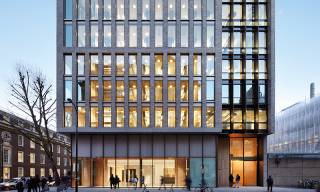This programme teaches the principles and skills of situated practice in relation to conceptual spatial theories in art, architecture, performance, urbanism and writing.

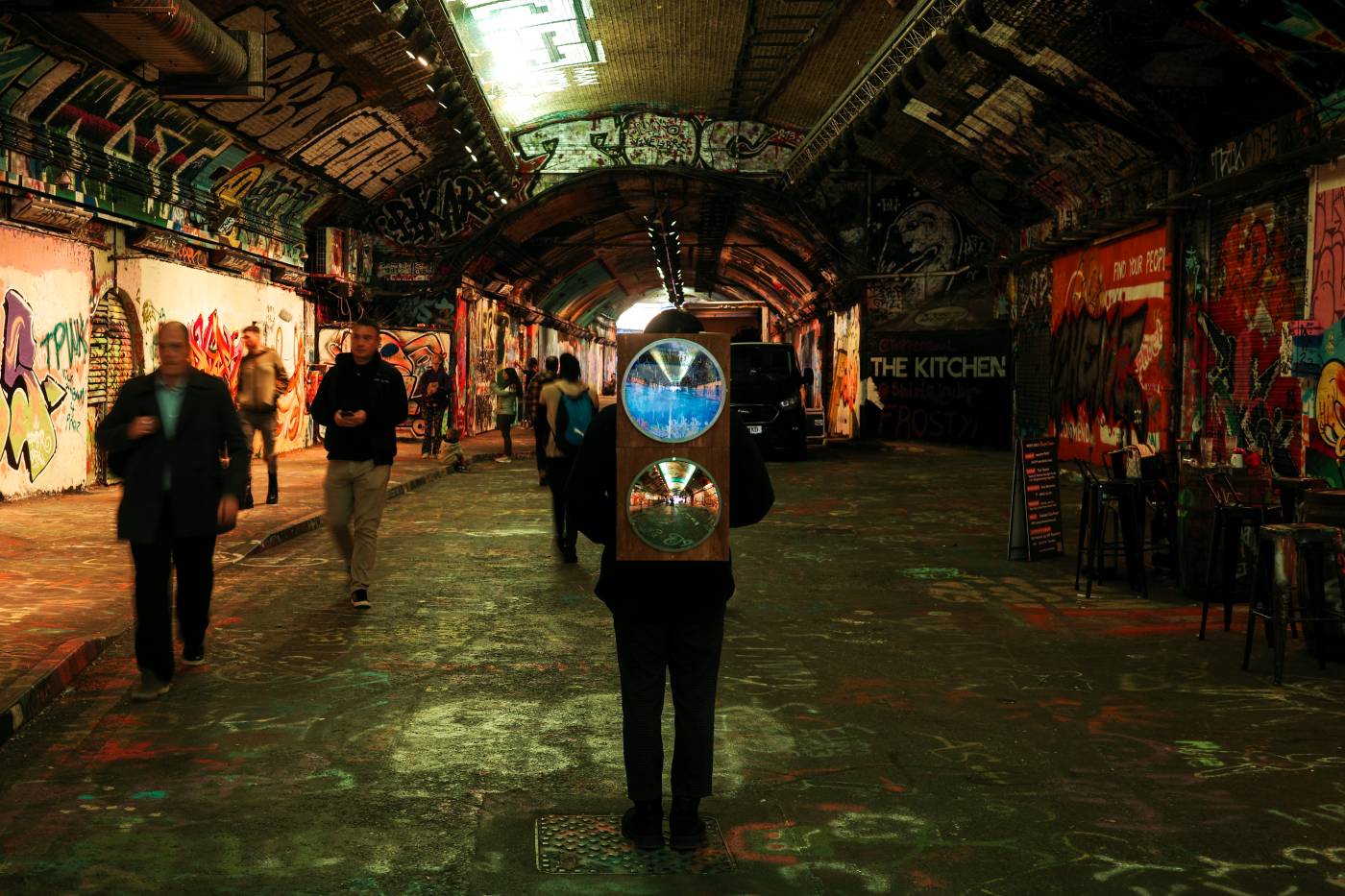
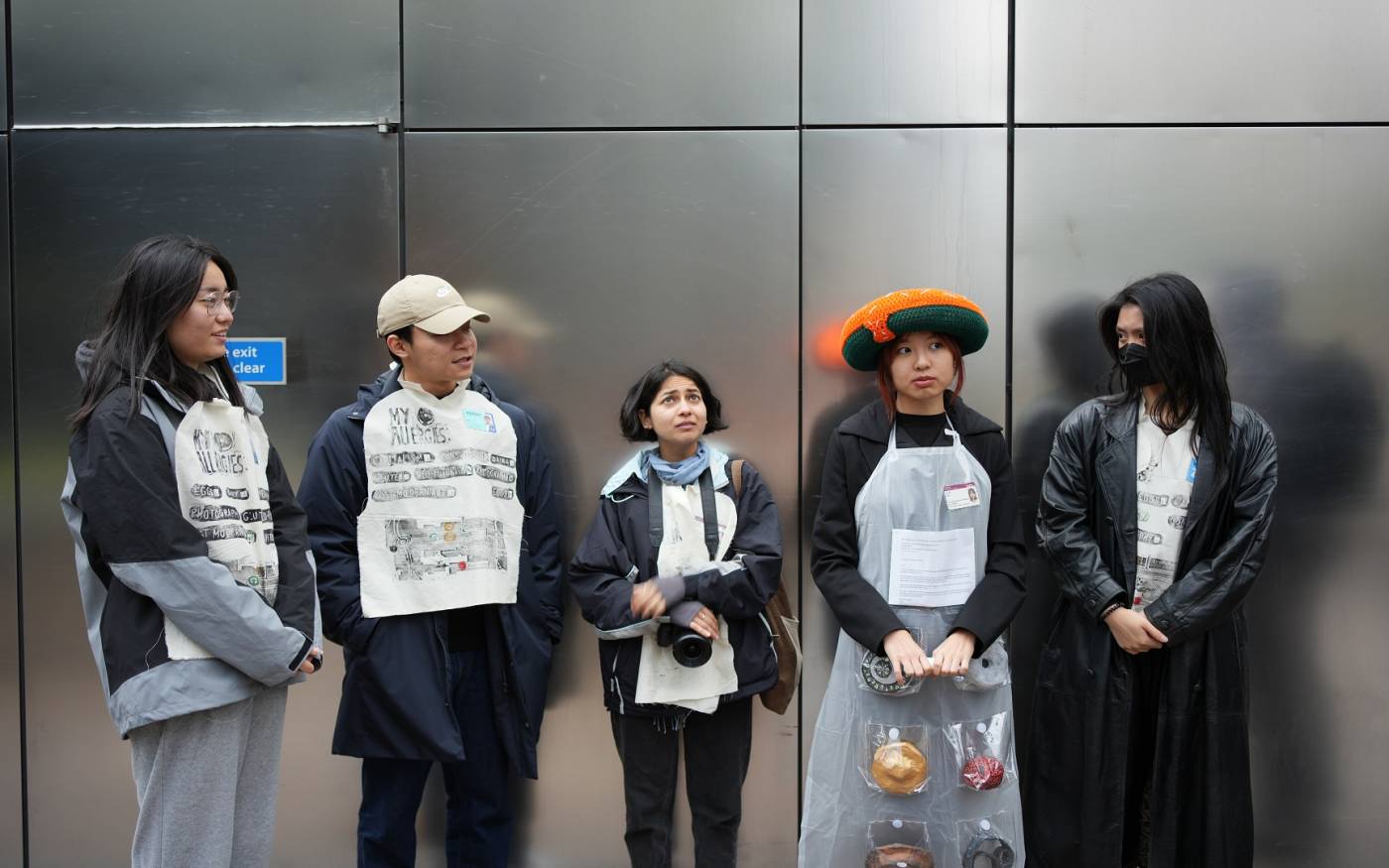
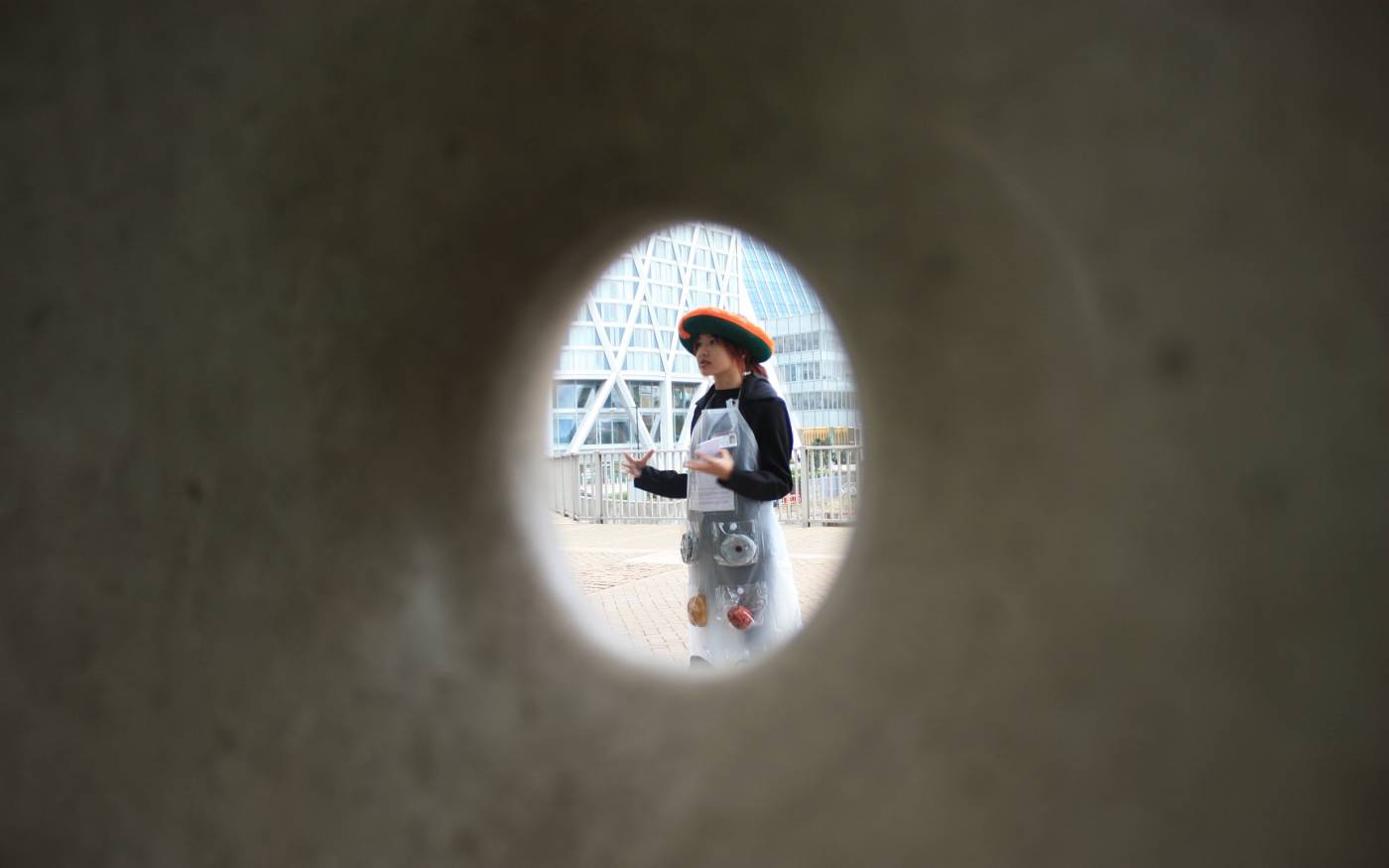
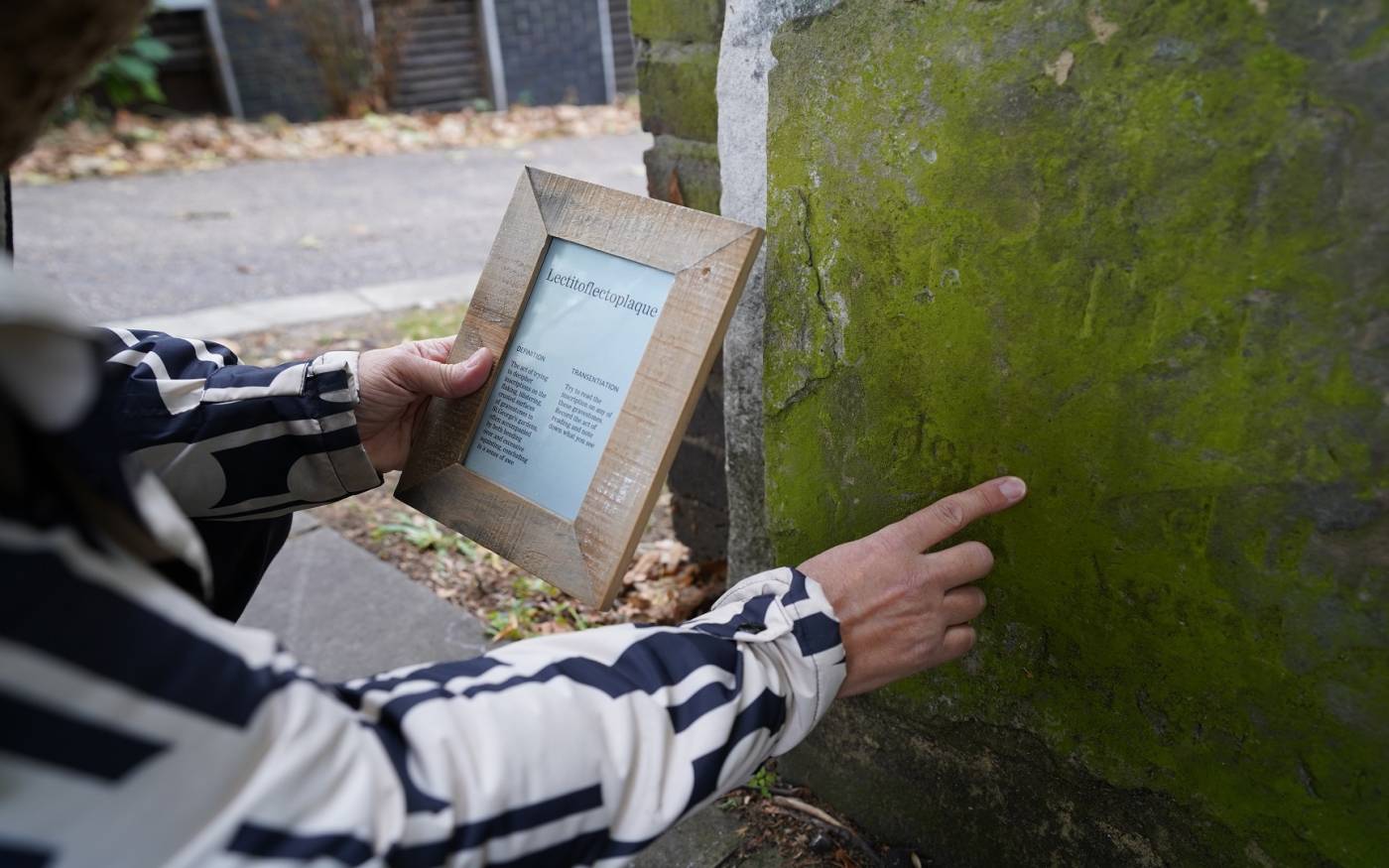
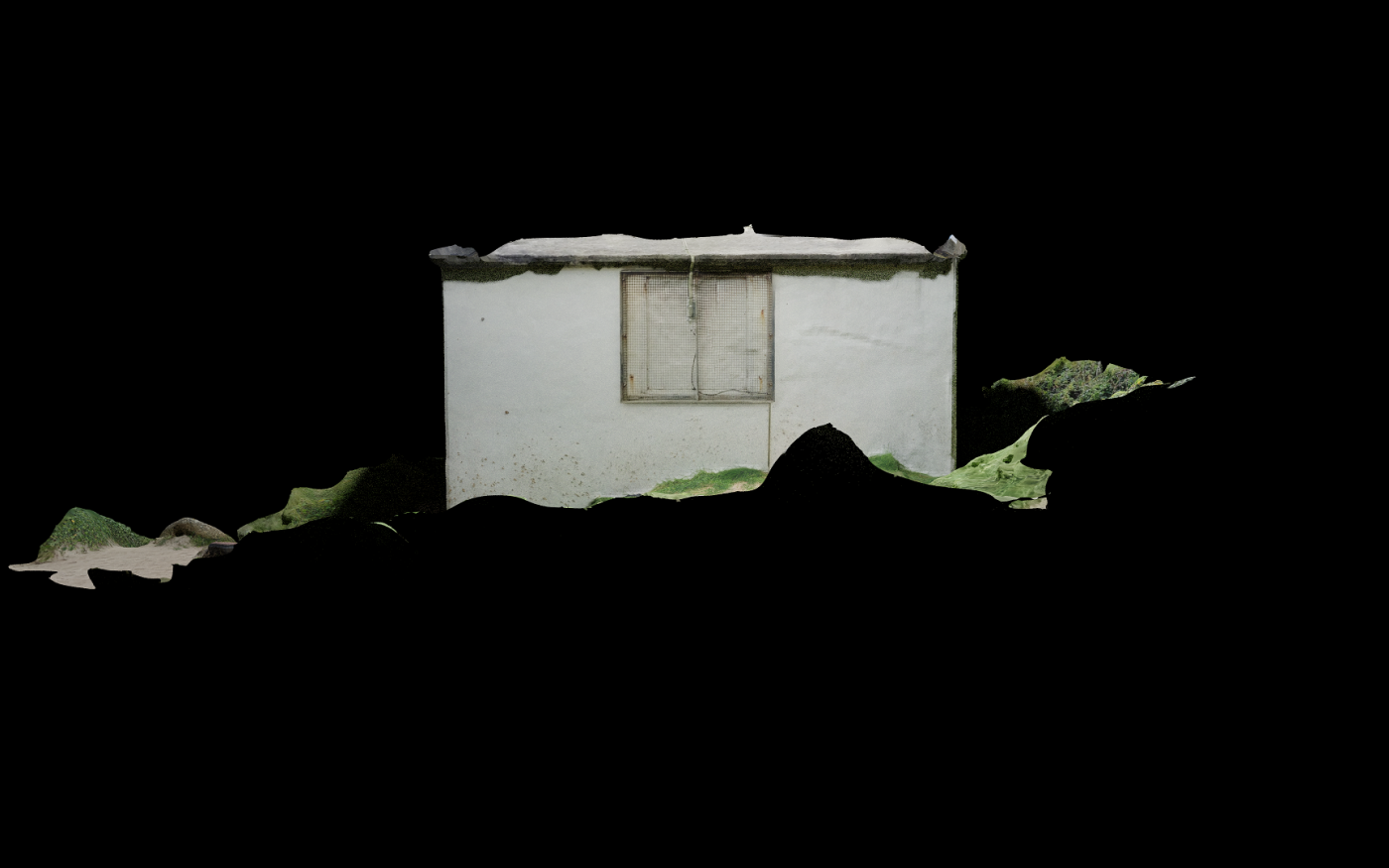
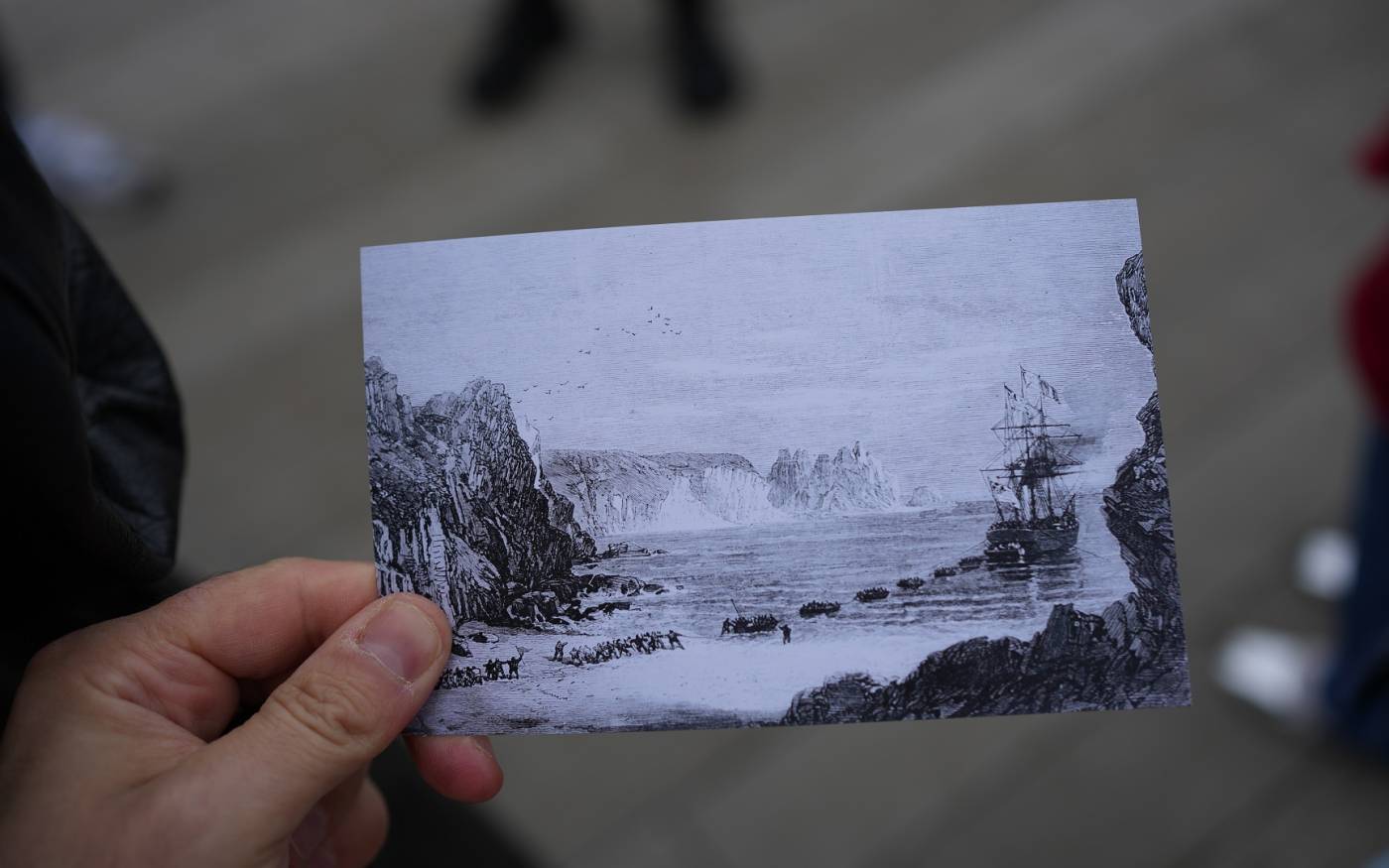
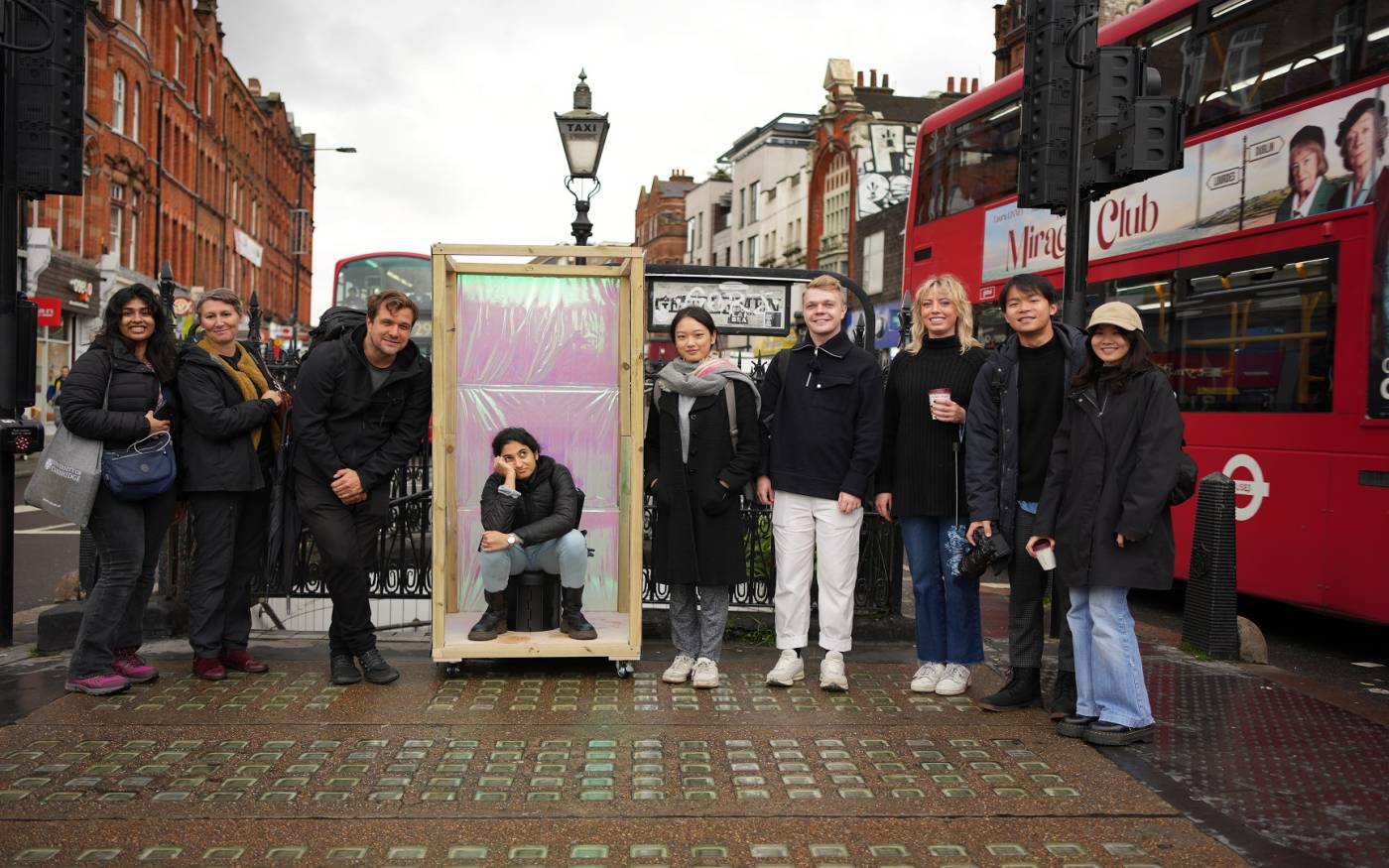
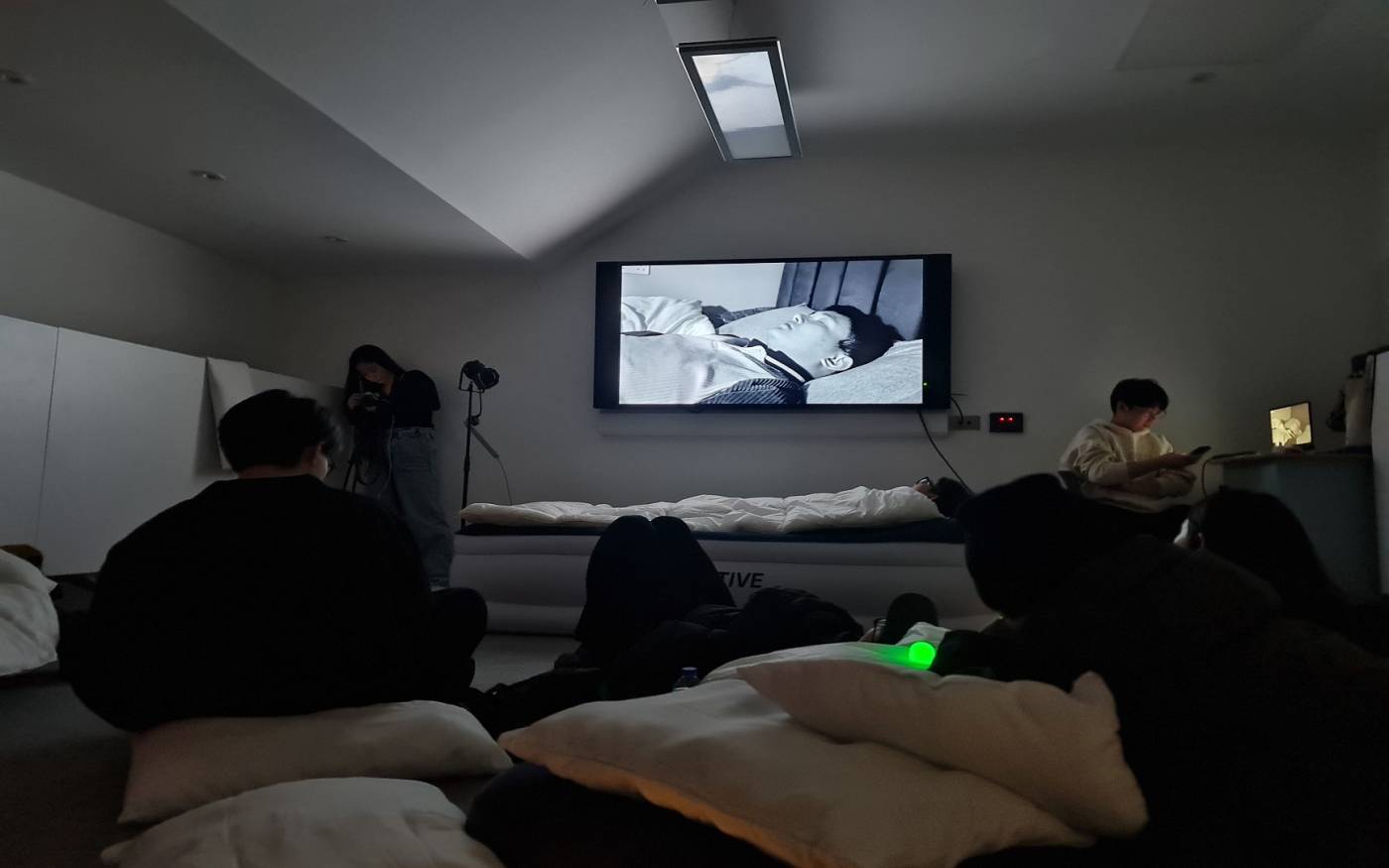
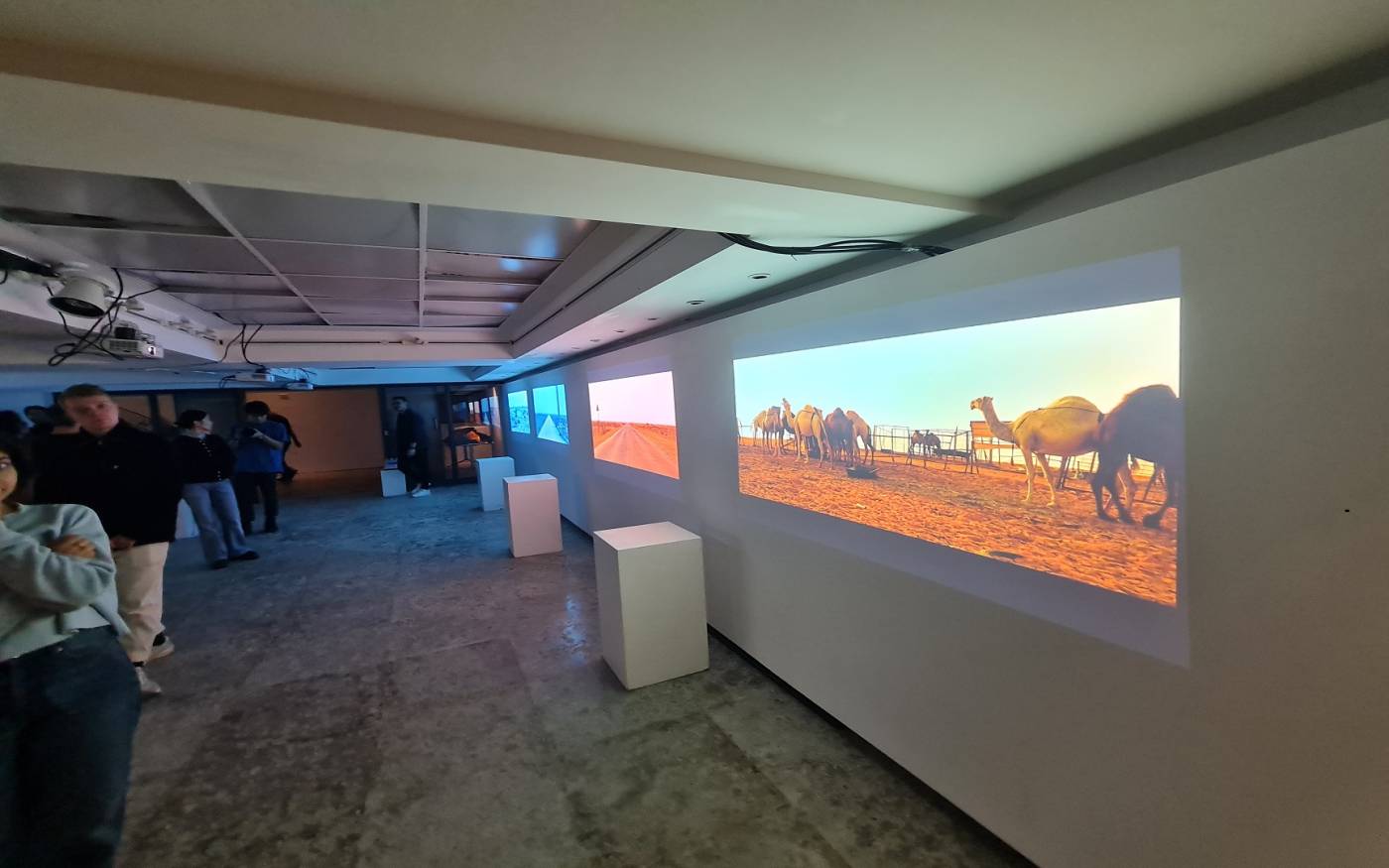
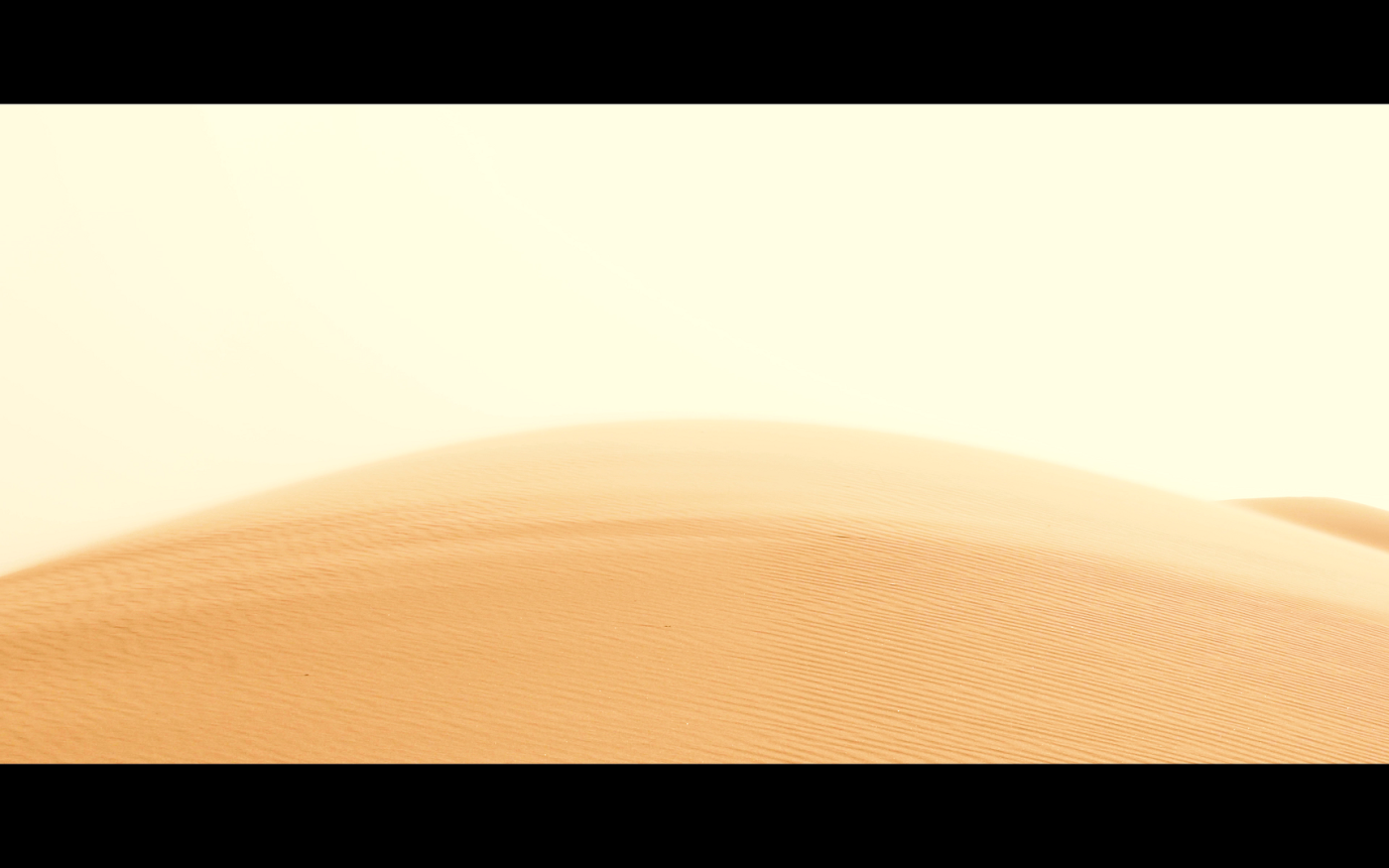
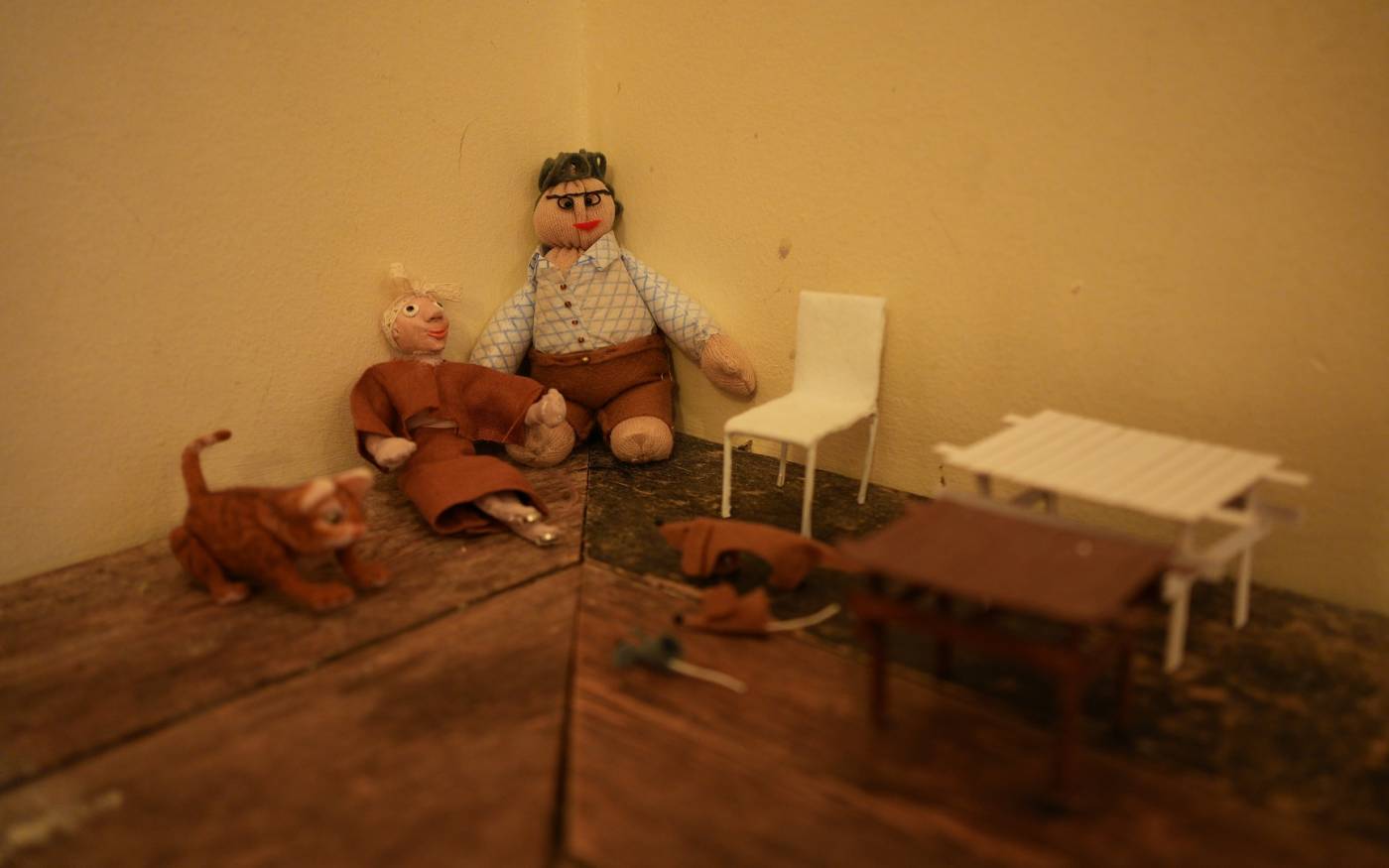
About
Contemporary culture doesn't fit neatly into a set of distinct boxes. The overlap between practices, methods and approaches from the fields of architecture, art and design is the fast-evolving terrain of this programme, which examines how architecture cross-pollinates with other creative arts.
Students learn about spatial theories and practices in art, architecture, and urbanism through performance, visual, material and written practices and develop a robust understanding of research methods in art and design, and design practice-led research and their own site-related projects – from physical installations to digital interventions and site-writings.
Working with practitioners and researchers from The Bartlett School of Architecture, alongside affiliated centres and institutions, this programme empowers students to pioneer new forms of hybrid practice between art and architecture.
Highlights
- Develop a strong understanding of appropriate research methodologies in art and design practice-led research, specifically relating to approaches towards criticality, performativity and textuality
- Make ‘situated practice’ projects that are site-related – from physical installations and events to digital interventions and site-writings
- Identify the polemics of interesting sites, research and develop interventions, and evaluate their success
- Learn in state-of-the-art facilities at UCL at Here East, Queen Elizabeth Olympic Park and have the opportunity to exhibit your work
Modules
- The Open Work (15 credits)
Coordinator: Dr James O'Leary and Dr Claire McAndrew
This module facilitates self-directed research and practice, in which students design and fabricate a set of constructed prototypes to test and interrogate the spatial, material and social conditions of a chosen site or situation.
- Situated Practice: Research Methods (15 credits)
Coordinator: Amica Dall
This module introduces students to the main research methods adopted in situated practice. It aims to provide students with a perspective on how practitioners have articulated their practice in relation to theories concerning space, place, site and location. The themes addressed include critical spatial practice, performativity and subjectivity and discourses and practices concerning site-specificity. An understanding of how to situate one’s own practice in relation to the work of others is demonstrated in a draft proposal for a project focusing on a specific site.
- Mediated Environments (30 credits)
Coordinator: Merijin Royaards and Henrietta Williams
In this module, students explore the potential of the film-essay to discuss architectural themes. Initially, students construct a sonic environment, developing skills in sound recording, field recordings, multi-track audio editing. Following this, they develop their sound work into a film essay, using High Definition Video recording, narrative development, scriptwriting, scoring ad editing to produce a piece of video that responds to a chosen site in London.
- Critical Spatial Practice: Site-Writing (30 credits)
Coordinator: Professor Jane Rendell and Dr Polly Gould
‘Site-writing’ (Rendell, 2011) is a mode of critical spatial practice which considers situatedness, relationality and positionality in relation to writing and explores how voice and textual strategies can be adopted as ways of responding to sites. Students develop skills in creative and situated writing and learn the potential of font, typography, layout, paper stock and binding in the production of an artist’s book, which may include documentation of a situated text-based installation.
- Major Project (90 credits)
Coordinator: Dr James O'Leary
Structured around a series of individual tutorials between the student and their supervisor, students develop a unique work of situated practice, which responds to a specific site or sites, in form as well as content. Work is submitted in the form of a live intervention into a site, then documented and reflected upon through an artist’s book and film.
The final project can include film-making, artwork and gallery installations, digital scripting, curation, scenography, live art, participatory works, and or design proposition, as part of its final form. An aspect of the final situated work will be displayed as part of the school’s winter exhibition.
Key information
Modes/duration
Full-time: 15 months, beginning in October and ending in December the following year
Part-time: 30 months
Flexible: two to five years
Entry requirements
A minimum of an upper second-class UK degree in an appropriate subject or an overseas qualification of an equivalent standard.
A design/creative portfolio is also expected. Applicants will be asked to submit a portfolio of their design work once their completed application has been received. Do not send or upload work until it has been requested.
Applicants may be interested in curatorship, public engagement, event design, creative regeneration, participation design, site-writing, filmmaking and other disciplines.
- Read the full entry requirements via the UCL online prospectus
- Read the full guidance on portfolio preparation
Application guidance for 2024 entry
Applicants can only apply for a maximum of two postgraduate degree programmes at The Bartlett School of Architecture.
Application deadline
Applications for 2024 entry open on 16 October 2023 and close on 5 April 2024 (for applicants requiring a visa) and 30 August 2024 (for applicants not requiring a visa). We strongly advise early application, as our programmes are over subscribed and competition is high.
Deferral
It is not possible to defer an offer at The Bartlett School of Architecture. If you wish to be considered for the following year then you must reapply in the next admissions cycle.
Tier 4 Student visa holders
Tier 4 Student visa holders are required to meet the English language proficiency of their offer with sufficient time to obtain a CAS number and visa.
Accepting your offer
To accept your offer, you must pay the non-refundable fee deposit and decline any other offers for programmes at The Bartlett School of Architecture. If you do not respond within the given time indicated on your UCL offer letter, then your offer will be withdrawn.
Fees and funding
- Tuition fee information can be found on the UCL Graduate Prospectus.
- Please note, if you are planning to fund your studies with a Postgraduate Master's Loan, the instalments and the UCL fee payment deadlines do not align due to the duration of this programme. You will need to personally fund any shortfall until the remainder of your loan is paid to you.
- For a comprehensive list of the funding opportunities available at UCL, including funding relevant to your nationality, please visit the Scholarships and Funding section of the UCL website.
Staff
Programme staff
- Dr Polly Gould, Interim Programme Director
Polly Gould is Interim Programme Director on Situated Practice and a Teaching Fellow at the Bartlett School of Architecture teaching on MA Situated Practice, MArch, and MA Architectural History. Gould has a PhD in Art and Architecture, from UCL and was Postdoctoral Fellow in Design-led Architectural Research at Newcastle University from 2016-19. She is an artist, writer and curator, who takes an ecocritical approach to the environmental humanities, with a particular interest in material culture and creative critical writing.
In her monograph Antarctica, Art and Archive, 2020, published by Bloomsbury, stories of exploration and open-air watercolour painting, of weather experiments and ethnographic collecting, of evolution and extinction, are interwoven to raise important questions about imagining an inhabitable planetary future. Her recent writing approaches Victorians John Ruskin and John Tyndall’s thoughts on art and science with a new materialist ecocritical interpretation, as in Molar Heights and Molecular Lowlands: Scale and Imagination in Ruskin and Tyndall, published by Courtauld Books Online. Gould shows with Danielle Arnaud in London, and works in watercolour, paper, glass, sound, installation and performance, such as those presented as part of Architecture for an Extinct Planet 2020.
As a curator, she has collaborated with Anne Eggebert on Arts Council funded touring shows such as TOPOPHOBIA: Fear of Place in Contemporary Art. Gould has taught on Fine Art courses is currently External Examiner for Central Saint Martins BA Fine Art, UAL, but for the last ten years, she taught within architectural education, recently at Newcastle University, and the Royal College of Art. She is participant in Anthropocene Teaching Practices in Architecture convened by Fieldstations and TU Berlin and is interested in how pedagogies in architecture might address the climate crisis. She was invited to speak as part of the AA’s Architecture for Extreme Environments Symposium in which she argued for social justice on planet earth as opposed to geoengineered solutions on Planet Mars.
- Dr Edwina Atlee
Edwina Attlee is a cultural historian and a poet. She is the author of Strayed Homes: Cultural Histories of the Domestic in Public (Bloomsbury) and co-editor of Gross Ideas: Tales of Tomorrow’s Architecture (Architecture Foundation). Her writing has appeared in The Guardian, The White Review, Test Centre 8, The Architectural Review, The Poetry Review, Dandelion and Studies in the Maternal. She is the author of two pamphlets, Roasting Baby (if a leaf falls press) and the cream (Clinic) and her first collection is A Great Shaking (Tenement).
- Jhono Bennet, Design Tutor
Jhono is a Design Tutor at the Bartlett School of Architecture and enrolled at the Bartlett School of Architecture as a doctoral candidate in the TACK / Communities of Tacit Knowledge: Architecture and its Ways of Knowing network
Jhono Bennett is the co-founder of 1to1 – Agency of Engagement, a design-led social enterprise based in Johannesburg. 1to1 was initiated in 2010 in support of the multi-scalar work being done to re-develop post-Apartheid South African cities in the face of systemic spatial inequality. He is an Ashoka Change Maker Fellow and recipient of a Mandela Washington Fellowship. His practice-led research interests are driven by issues of inclusive design approaches, spatial justice, critical positionality, and urban planning in South African cities.
- Amica Dall
Amica is an interdisciplinary practitioner and educator working at the intersection of architecture, construction and culture, with a strong focus on intergenerational justice and climate breakdown. She is a founding member of Assemble, where she was a partner from 2010-2022, and where she delivered more than 15 major projects, including public space design, organisational development, public art, exhibition design and self-build, with a strong focus on collaboration and working in sustained ways with people from outside the built environment professions and children. During these years, she taught both design and theory at both graduate and undergraduate level, at institutions including Architecture Association, The Bartlett School of Architecture, Royal Academy of Art and Kingston University. In 2016, Assemble were the first architecture or design practice to be awarded the Turner Prize. In 2022, alongside 14 other Assemble co-founders, Amica was elected to the Royal Academy, in recognition of their collective contribution to city making.
Aside from project work, she has also developed a practice as a writer and film-maker. Her film and audio work has been exhibited in major institutions around the UK and internationally, including in the curator's selection at the 2014 Venice Biennale Together with Giles Smith, she wrote and presented a two-part documentary for BBC Radio 4, The Sympathy of Things, and has published on topics including cultural infrastructure, the impact of international tourism, play in the city, and the problems with contemporary participatory practices in the UK. Her most recent publication, Material Reform, was written in collaboration Material Cultures, was published by MACK Books in November 2022. It focuses on the case for post-carbon-built environment in the UK, and is about to be released in its second edition. She is currently contributing to a new book about the rural UK to be published by Common Ground in 2024, alongside a handful of other articles and chapters.
Amica is a founding trustee of Baltic Street Adventure Playground, a project she co-initiated in 2012, and was a trustee of Theatrum Mundi from 2016-2022. She was a studio tutor at the independent, Glasgow based summer school, Test Unit, from 2015-2018, and worked with the Dirty Art Department at the Sandburg Institute in 2019 and 2022. She has a robust and extensive professional network which reaches around the world, and has guest lectured widely, at schools including ENSA Paris-Belleville, Yale School of Architecture, MIT School of Architecture + Planning, ETH Zurich, EPFL Lausanne, TU Berlin, Elisava Barcelona, and Y-GSA Yokohama, among many others, as well as at many galleries, conferences and cultural events. She is currently running a new lecture series, Landscape Futures in the History and Theory programme at the Architectural Assocation, and is a Lecturer (Teaching) at the Bartlett School of Architecture, where she works as part of the Situated Practice Team.
- Fernando Gutierrez
Fernando Gutiérrez is a PhD Candidate at UCL (University College London) – Institute of the Americas and a research fellow of CONACYT Mexico (474519). He holds an MSc in Sustainable Urbanism from UCL Bartlett School of Planning, and he is a chartered architect in Mexico since 2011. He was a fellowship holder of the ‘Young Artist’ programme funded by FONCA Mexico in 2010 and 2020.
His current research intersects with three types of urban literature: regeneration, urban heritage and public space, being affiliated to the UCL Urban Lab and UCL Urban Design Research Group.
Fernando was a lecturer in architecture and urbanism at Universidad Iberoamericana Ciudad de México (2016–2019). He also taught courses in architecture at Universidad Anáhuac México (2015–2017) and co-taught a course ‘Urban Politics: Public Space’ at the University of Toronto (2021). Currently, he contributes as a tutor (Teaching fellow) in various urban design and planning modules at the Bartlett School of Planning and tutor on the Open Work in the MA Situated Practice.
- Ed Lawrenson
Edward is a London-based filmmaker whose films have played at a number of festivals including Sundance, BFI London Film Festival, True/False, Open City, Venice architecture biennale and Cinéma du réel, and cinemas including the Museum of the Moving Image in New York and London's ICA. His 2015 documentary Abandoned Goods (co-directed with Pia Borg) won the Golden Leopard for Best International Short at the Locarno Film Festival and he was included in Filmmaker Magazine's '25 New Faces of Independent Film' list in 2015. His 2018 film, Uppland, premiered at Ciména du réel, was named Best Film About Architecture by the Society of Architectural Historians and went on to play at various international festivals including Open City Documentary Festival. It is distributed by Grasshopper Film. His 2021 film A Safer Place is available to stream on True Story.
- Dr Claire McAndrew, Senior Research Fellow
Dr Claire McAndrew is a Senior Research Fellow in Public Engagement at The Bartlett School of Architecture and Tutor on the Open Work. Her collaborative research brings together social theory with design for transformative social and cultural effect.
Since 2008 she has collaborated on a body of participatory works that invite the public to perform sites differently. In 2014 she was awarded an AHRC UnBox LABS Fellowship to explore how design, research and digital technologies can build engaged communities.Claire has exhibited at FACT Liverpool with experimental media technologist Ben Dalton, and curated a series of telematic happenings at London’s Southbank Centre with artist Paul Sermon, connecting to Khoj International Artists’ Association and India Habitat Centre in Delhi, and screened at Gwangju Design Biennale 2015 in South Korea.
- Dr James O'Leary, Associate Professor
James O'Leary is Associate Professor at The Bartlett School of Architecture. As an architect and installation artist, James is one half of the collaborative partnership Kreider + O’Leary who make performance, installation and time-based media work in relation to sites of architectural and cultural interest.
Since 2003, Kreider + O’Leary have made interventions in sites across the UK, USA, Europe, Australia, South America and Japan. Their work has been shown at venues including Tate Britain, Whitechapel Gallery and the Royal Academy of Arts. Together they have published two books: Falling (Copy Press, 2015) and Field Poetics (Ma Bibliothèque, 2018).
James's current research examines the role of the architect in the transformation of ‘post-conflict’ sites, particularly the use of digital archives to frame discussions around the long-term transformation of ‘Interface Areas’ in Belfast, Northern Ireland.
- Jane Rendell, Professor of Critical Spatial Practice
Jane Rendell is Professor of Critical Spatial Practice at The Bartlett School of Architecture, where she co-initiated and teaches on Situated Practice MA and Architectural History MA, and is Director of Ethics. She supervises history, theory and design PhDs in architecture, art, urbanism and experimental writing.
Jane’s research, writing and pedagogic practice crosses architecture, art, feminism, history and psychoanalysis. She has introduced concepts of ‘critical spatial practice’ and ‘site-writing’ through her authored books: The Architecture of Psychoanalysis (2017), Silver (2016), Site-Writing (2010), Art and Architecture (2006), and The Pursuit of Pleasure (2002).
Working with Bartlett Ethics Fellow, Dr David Roberts, Jane led The Bartlett’s Ethics Commission (2016-2022) and, with Research Associate, Dr Yael Padan, The Ethics of Research Practice, Knowledge in Action for Urban Equality (KNOW), together they created practisingethics.org, which David designed and produced, and Jane curates. In 2022 the project received an RIBA President's Award for Research in the category Ethics and Education.
- Dr David Roberts, Associate Professor
David Roberts is Associate Professor at the Bartlett School of Architecture, part of collaborative art practice Fugitive Images and of architecture collective BREAK//LINE.
David’s collaborative research, art and cultural activist practice engages community groups whose homes and livelihoods are under threat from urban policy, empowers ethical action in the built environment, and extends architectural education to primary school children. He has exhibited, screened and installed work at Tate Modern, Hayward Gallery, Whitechapel Gallery, ICA and Somerset House including documentary/fiction film Estate, a Reverie, site-specific performance Empty Words Build Empty Homes, and PEER Gallery exhibition Real Estates.
- Dr Merijin Royaards
Dr Merijn Royaards is an artist-researcher guided by convoluted movements through music, art and architecture. The interaction between space and sound in cities with a history/present of conflict has been a recurring theme in his multi-media work. He was recently awarded his doctorate by a thesis that explores the state-altering effects of waveform transmissions of sound, light space and movement from the Russian Avant-Garde to today’s clubs and raves. He is one half of a collaborative practice with film-maker and MA Situated Practice colleague Henrietta Williams. They are working on a trilogy of essay films, of which Aeronautica is the first part, and 2020: State of Exception is a work in progress that will form the third part of the trilogy.
- Henrietta Williams, Teaching Fellow
Henrietta Williams is a Teaching Fellow at The Bartlett School of Architecture where she is also working towards a PhD. Her practice-led PhD critiques drone surveillance technologies and the history of the aerial viewpoint through both video practice and writing.
Henrietta has a visual practice focused on urbanist theories; particularly considering ideas around fortress urbanism, security, and defence. Her projects have been widely exhibited and published in the UK and internationally, most notably at the V&A Museum in London and on the front page of the Guardian. Through her commercial practice Henrietta has made films for a number of high profile architecture institutions in the UK and Europe.
- Affiliated centres and institutions
This programme draws on expertise from across The Bartlett and UCL, including anthropology, art history, film and gender studies, literature, material culture, political science and urban geography. Our staff are very closely linked in particular to:
- Visiting lecturers and collaborators
- Film+Place+Architecture
Anna Ulrikke Andersen
Royal Academy of Arts
Jessie Brennan
Victor Burgin
Sarah Butler
Harvi Chera
David Cross
Alberto Duman
Sander Holsgens
Kristen Kreider
Sol Perez Martinez
Anna Minton
Richard Mosse
Marit Munzberg
Michal Murawski
Phuong Tram Nguyen
Mariana Pestana
Body Politic
Hilary Powell
Joanne Preston
Chrysanthe Staikopoulou
Barbara Holub (transparadiso)
Tom Dobson and Torange Khonsari (Public Works)
Lilian Chee
Alice Clough
Fran Edgerley
Agnes Essonti
Luke Freedman
Cristina Fraser
Ambrose Gillick
Rainer Hehl
Thandi Loewenson
Dr Emily Orley
Brian Rosa
Anna Reutinger
Resolve Collective
Andrés Saenz de Sicilia
Jerzy Seymour
Huda Tayob
Sumayya Vally
Careers
The Bartlett School of Architecture is one of the world's top-ranked architecture schools and our graduates enjoy excellent employment opportunities and the practice-led research skills to carry out future doctoral research in the field.
Graduates of this programme are critical, innovative and transdisciplinary practitioners who undertake projects addressing the specific concerns of sites and developing appropriate transformations for them.
Contact
Interim Programme Director: Polly Gould
Programme admissions enquiries: Complete the contact form
Programme Administrator: Daniel Rodriguez
Department tutor: Bill Hodgson
 Close
Close


